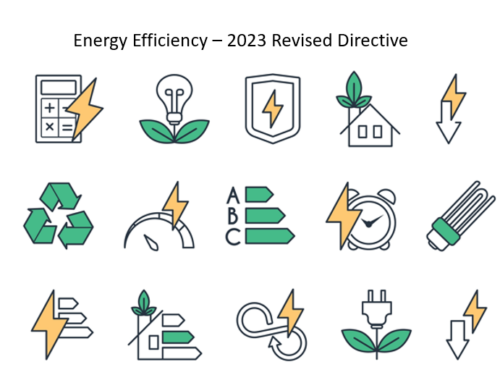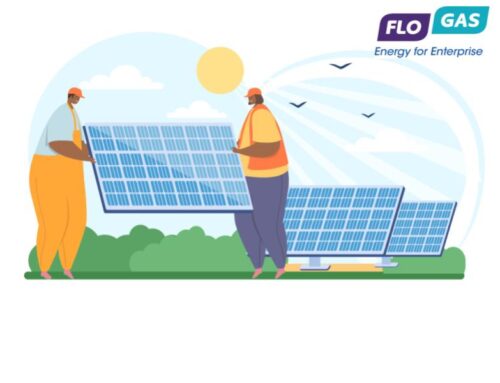ESG is more than just ticking boxes – It’s about making a real difference on how your business is managed.
In this ever-changing world we all live in; how a business develops and grows is more important now in so many areas. What worked in the past will not work now or in the future. We are all evolving and becoming very conscious of strengthening and protecting our people and our planet. The need for companies to step up and lead with purpose and social responsibility has never been more important, which is why organisations are putting the environment, social and governance (ESG) framework at the heart of everything they do.
ESG is more than just ticking boxes
ESG is a framework that helps customers, employees, and stakeholders understand how a company manages risks and opportunities around sustainability issues. The ESG framework has evolved from other historical movements that focused on health & safety issues and pollution reduction.
The three Steps of the ESG framework are:
- Environmental Impact
When it comes to the environmental impact, employees, customers and stakeholders are interested in understanding how a company’s operations may impact the environment. This can include things like, carbon emissions, air & water pollution, green energy initiatives and waste management. Companies that reduce their environmental impact are seen as more sustainable and are therefore more attractive to employees, customers, and stakeholders.
- Social Responsibility
The social step of ESG assesses how a company treats its employees, customers, suppliers, community members and other stakeholders. This includes things like diversity & inclusion, human rights, and fair working practices. Socially responsible companies are always more attractive to employees, customers and stakeholders.
- Governance
The governance step of ESG assesses a company’s internal policies itself. This includes things like board diversity, company leadership & management, executive compensation and shareholder rights. Employees, customers and stakeholders who are interested in ESG often look for companies that perform well across all three steps.
Credible ESG initiatives are highly specific to a business’s unique circumstances. There is no one-size-fits all, for example – each company will have its own mix of scope 1, 2 and 3 emissions sources and will need to cut accordingly.
When a business performs well across all three steps it provides long-term value without producing any negative effects on the environment or society. Flogas Enterprise are delighted to sponsor the ESG Awards 2023 which takes place today at the Mansion House Dublin. The ESG Awards were established to recognise and celebrate individuals and groups who are actively striving to address environmental, social and governance issues. The Awards showcase the successes of ESG initiatives and examples of best practice, as well as highlighting the importance of transparency. We at Flogas Enterprise work with our customers to help them strive towards creating a transparently brighter future for generations to come.













